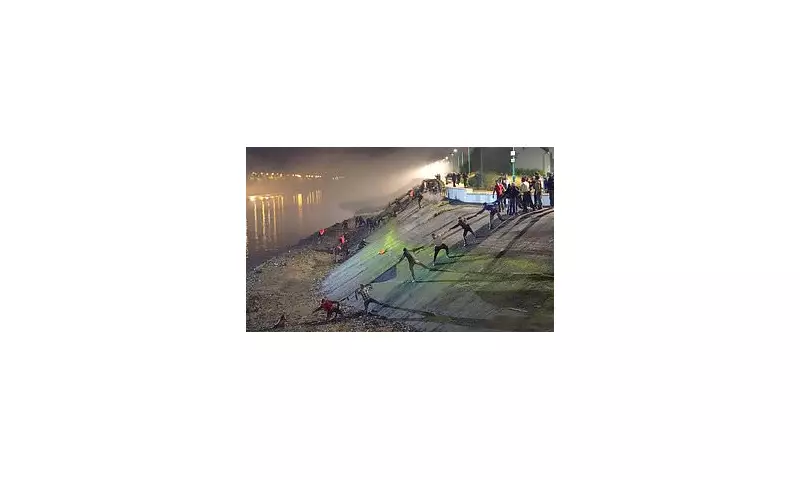
The Labour government's flagship plan to tackle the small boats crisis has been branded an 'absolute farce' after official figures revealed a dramatic surge in Channel crossings just days after the new returns agreement was announced.
Home Office data shows that more than 1,000 migrants made the perilous journey across the Channel in the past week alone – a staggering 22% increase compared to the previous seven days. The numbers have completely undermined Sir Keir Starmer's claims that the new deal with Afghanistan would serve as an effective deterrent.
Policy in Disarray
Despite Home Secretary James Cleverly's assertion that the returns agreement would 'break the business model of people smuggling gangs', the evidence suggests the opposite is occurring. Border Force vessels have been working around the clock to process the relentless influx of arrivals at the Dover processing centre.
Conservative critics have seized upon the figures, with one senior source stating: 'This was supposed to be their grand solution. Instead, it's proven to be completely ineffective within its first week. The people smugglers are clearly not taking this government seriously.'
Returns Agreement Questioned
The controversial agreement, which would see failed asylum seekers returned to Afghanistan despite the Taliban regime, has faced significant legal and ethical challenges. Legal experts suggest the policy may be unworkable in practice and could face numerous human rights challenges in the courts.
Meanwhile, the costs continue to mount for British taxpayers, with the hotel accommodation bill for migrants now running into millions of pounds daily as processing systems struggle to cope with the increased numbers.
What Happens Next?
With the crossing season typically peaking in the coming months, government insiders express grave concerns about the system's capacity to handle further increases. The situation represents the first major home affairs crisis for the new Labour administration, which had made controlling illegal immigration a key manifesto pledge.
As one Whitehall official conceded: 'We're watching the situation very carefully, but initial signs suggest the deterrent effect simply isn't materialising. People are still willing to take their chances crossing the world's busiest shipping lane.'





